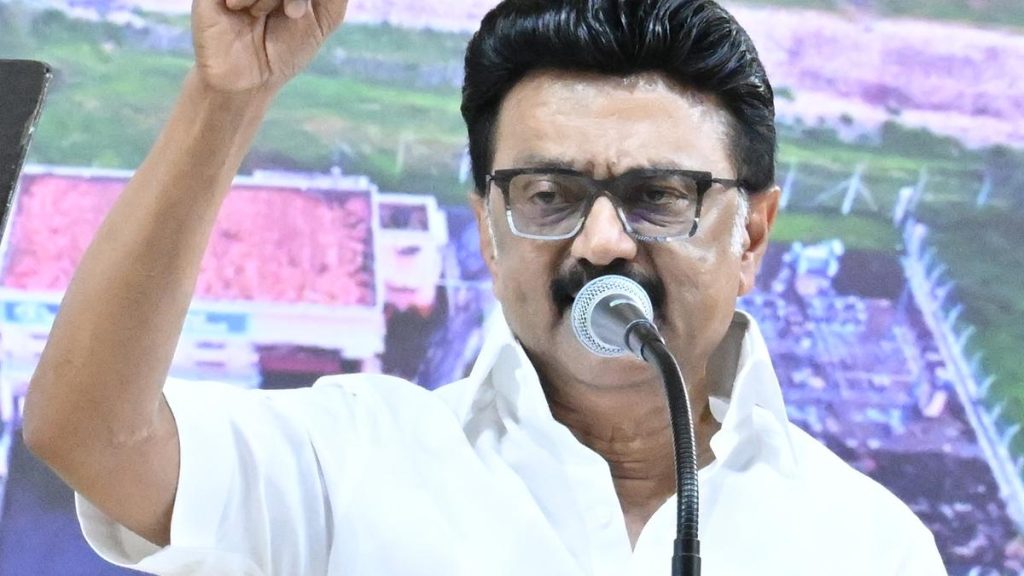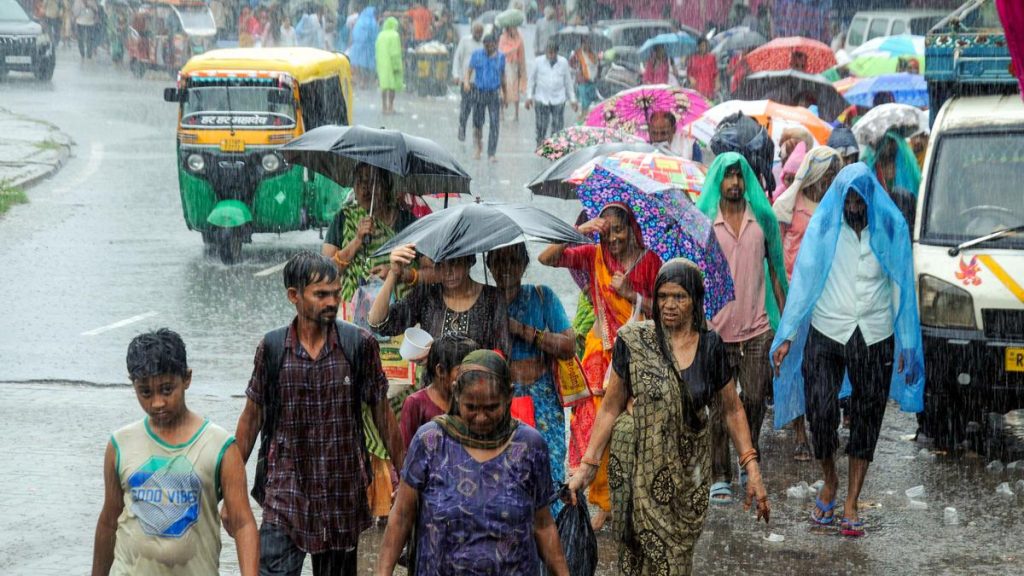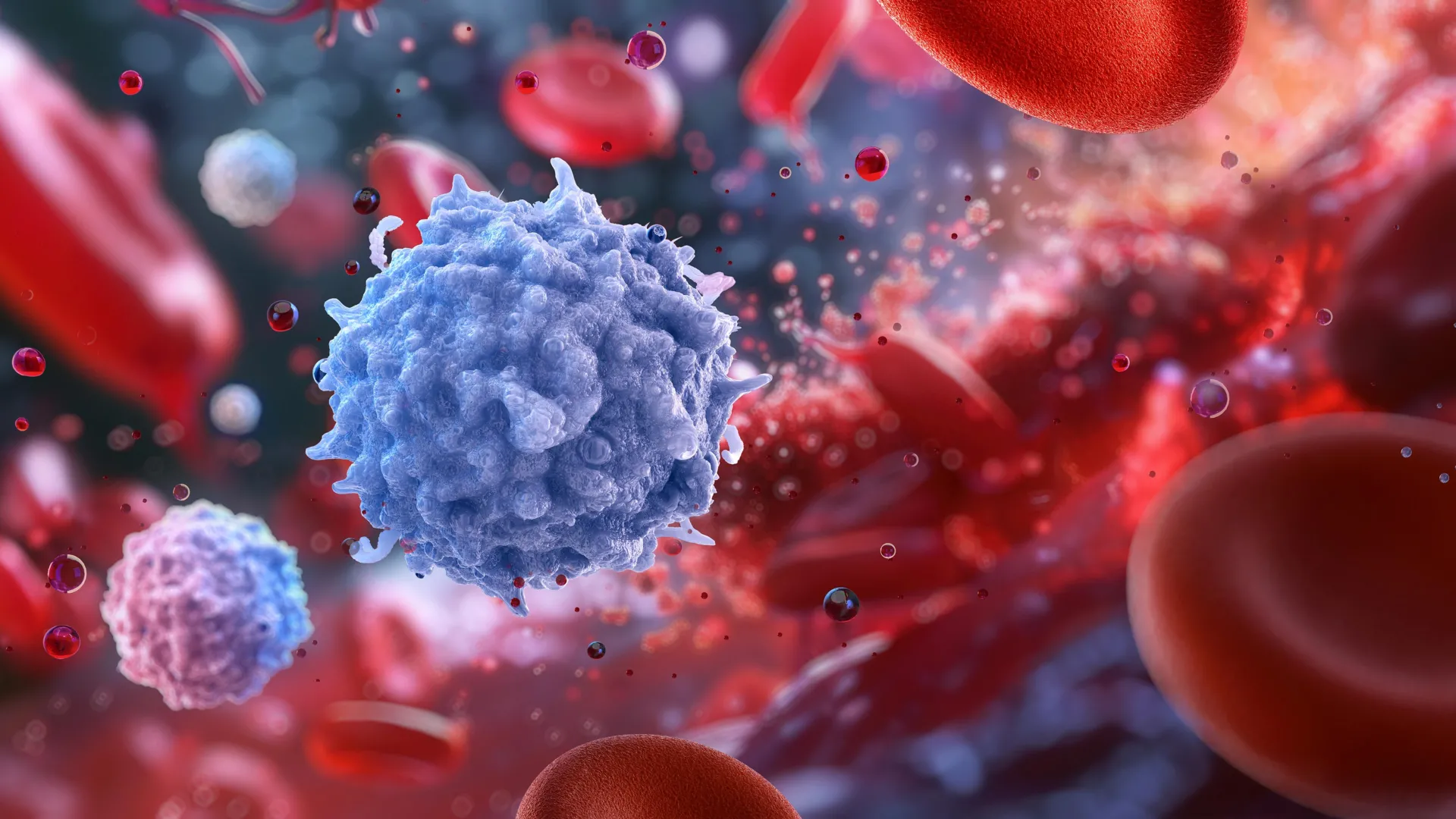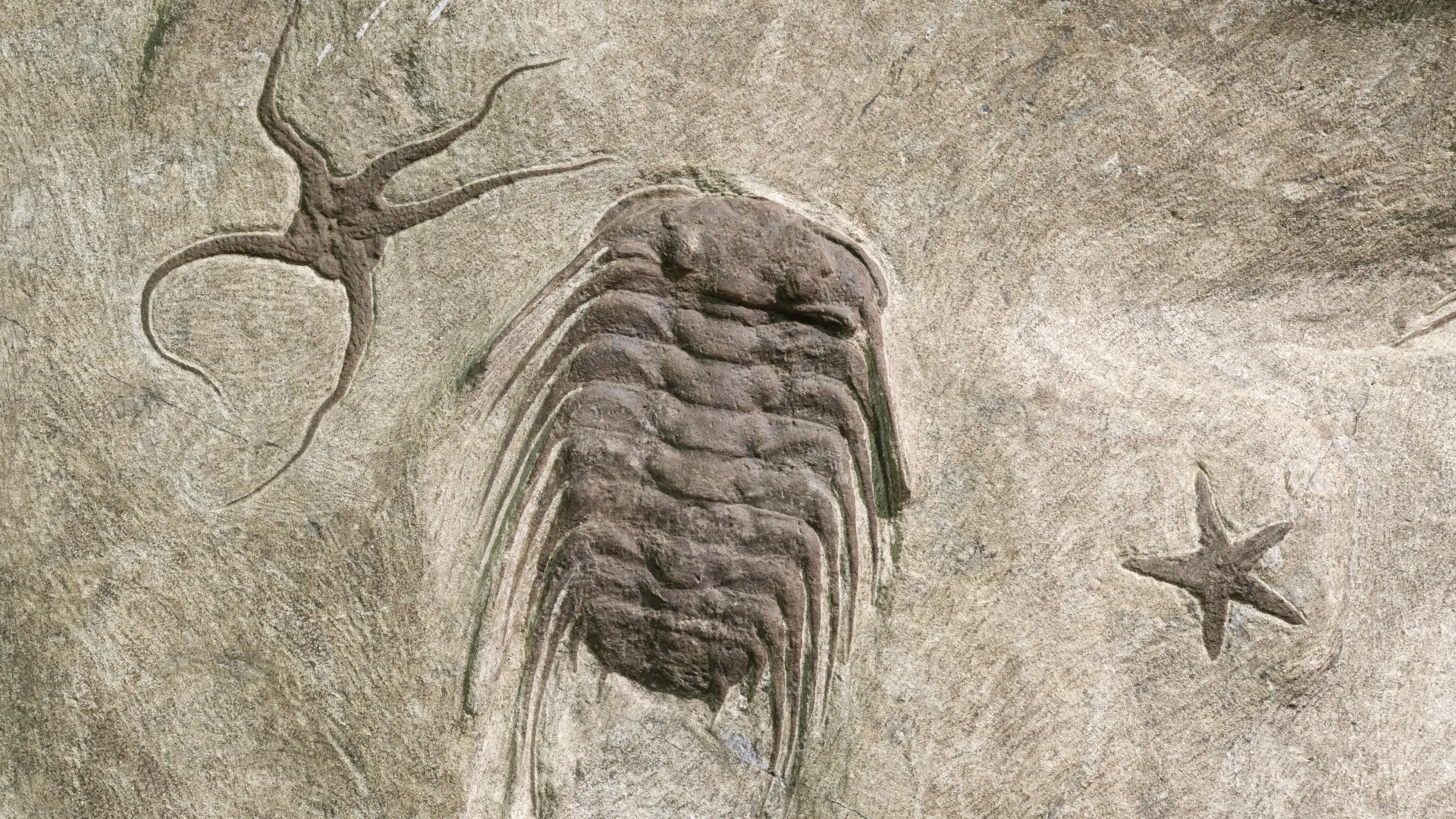Now Reading: Zooplankton: The Tiny Organisms Storing 65 Million Tonnes of Carbon Each Year
-
01
Zooplankton: The Tiny Organisms Storing 65 Million Tonnes of Carbon Each Year
Zooplankton: The Tiny Organisms Storing 65 Million Tonnes of Carbon Each Year
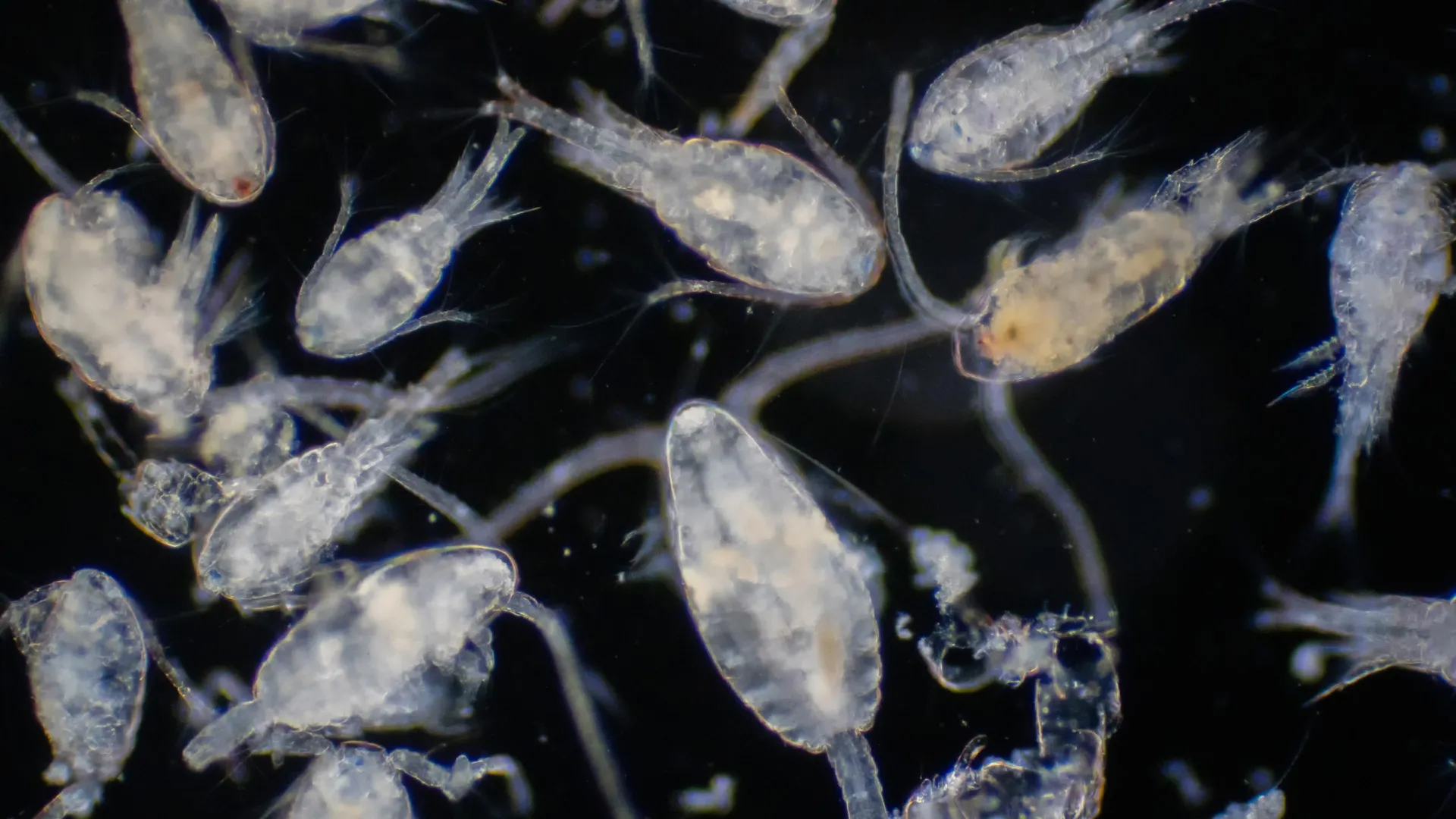
Speedy Summary
- Study Overview: An international research team published findings in Limnology and Oceanography, highlighting how zooplankton enhance carbon sequestration in the Southern Ocean through a process called the “seasonal migrant pump.”
- Carbon Sequestration Mechanism: Zooplankton migrate seasonally from surface waters to depths below 500m, injecting approximately 65 million tonnes of carbon annually into the deep ocean through respiration and mortality during overwintering phases.
- Dominant Species:
– Copepods account for 80% of this carbon flux.
– Krill contribute 14%.
– Salps make up the remaining 6%.
- Key Insights:
– unlike sinking detritus, zooplankton migration recycles nutrients near surface layers while efficiently storing carbon at depth.
– Current Earth System Models fail to account for this natural carbon storage mechanism.
- Climate Implications:
– As warming alters species distributions – increasing copepods,declining krill – carbon storage dynamics may shift significantly.
– Protecting these species and their habitats could help mitigate climate change.
- Research Scale: Analysis leveraged nearly a century’s worth of data from thousands of net hauls across the Southern Ocean.
Indian Opinion Analysis
india’s role as a global stakeholder in climate governance finds relevance in studies like this. The revelation that zooplankton drive an underexplored yet meaningful process for natural carbon sequestration underscores how ecosystems globally contribute to mitigating human-induced climate change. For India, which is heavily involved in Southern Ocean research via its Antarctic program and polar collaborations, these findings open avenues for strengthened scientific diplomacy and co-research opportunities wiht entities like China or UK.
Furthermore, insights on warming-caused shifts in marine ecosystems indirectly reiterate risks closer home – such as warming seas perhaps altering India’s rich coastal biodiversity alongside global disruptions. Integrating such discoveries into domestic conservation policies might also shape India’s strategy towards fulfilling its commitments under international treaties like the Paris Agreement.
Continued focus on preserving fragile ecosystems worldwide aligns with India’s leadership aspirations within platforms including G20 discussions on sustainability and climate resilience.



